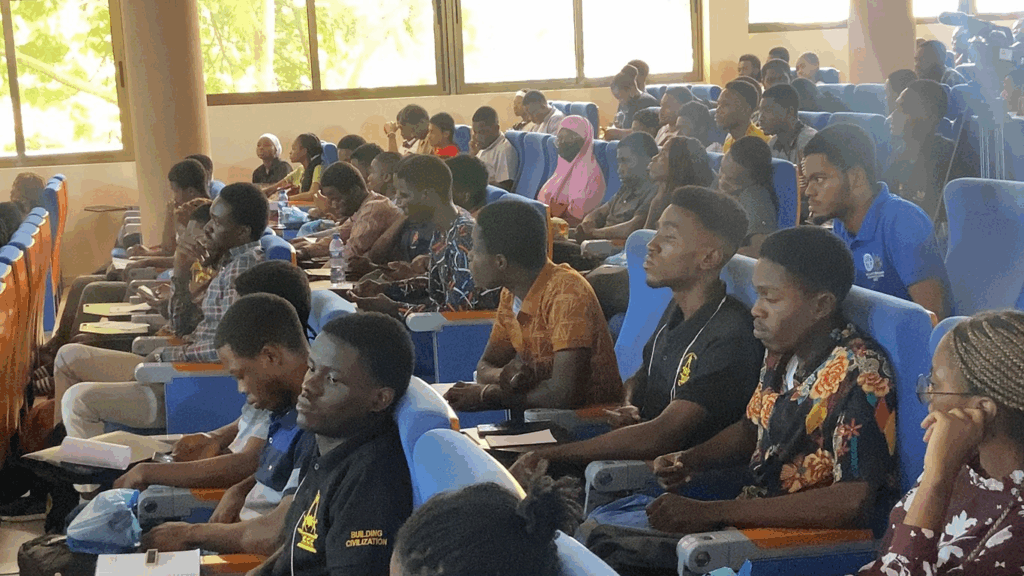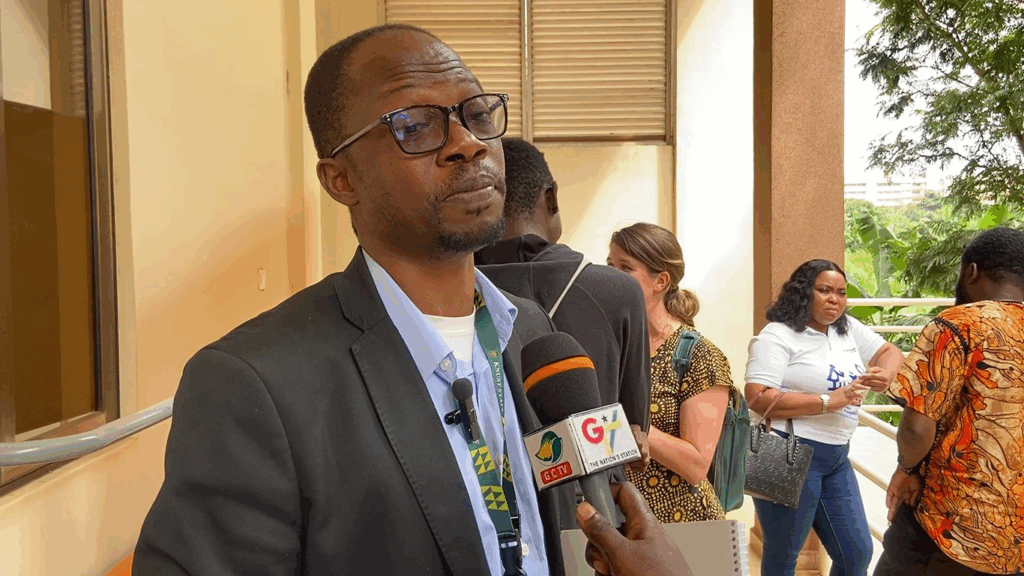General
Genser Energy constructs new gas plant to bridge power gap
Ghana is on the path to energy self-sufficiency as Genser Energy develops a 200 million cubic feet per day gas processing plant in Prestea, Western Region. Ghana currently produces 380 million cubic feet of natural gas per day, which falls short of its daily peak needs of 460 million cubic feet. ...
MyJoyOnline
published: Aug 05, 2025


Ghana is on the path to energy self-sufficiency as Genser Energy develops a 200 million cubic feet per day gas processing plant in Prestea, Western Region.
Ghana currently produces 380 million cubic feet of natural gas per day, which falls short of its daily peak needs of 460 million cubic feet.
But Genser Energy’s rolled-out gas infrastructure, along with Ghana Gas’s 150 mcf/d capacity, is expected to bridge the gap between demand and supply.
Ghana, through the West Africa Gas Pipeline, imports about 80 million cubic feet daily from Nigeria to meet demands.
This arrangement is associated with high costs of processing and transmission.
The construction of another gas processing plant by Genser Energy has been hailed as the solution to meeting Ghana’s gas demands through domestic sources.
Vice President of Operations for the Natural Gas Pipeline at Genser Energy Ghana Limited, Henry Abeiku Oppong, stated, “Given the current deficit and reliance on imports, Ghana must develop greater processing capacity to fully utilise its resources. We need to become self-reliant in energy production and consumption.”
Mr. Oppong made these remarks during a lecture at KNUST about the 430-km gas pipeline that Genser Energy is designing, constructing, and preparing to operationalise from Atuabo to Kumasi.
“We have been able to build a pipeline to Kumasi that makes up the 430 kilometres, and then the energy authorities are relocating from Tema to Kumasi because they will have access to available gas, and that positions Kumasi to be the new Tema.
“You have access to a huge energy infrastructure revolution. So that’s what you can see here.
“So in the future the north can easily be linked and that could revolutionise industrialisation because we need energy to be abundant to be able to grow our energy infrastructures, positioning Ghana to increase our speed in industrialisation,” he added.
The pipeline, which forms part of a larger network, is being developed in partnership with the Ghana National Petroleum Corporation (GNPC) using local engineers, mostly KNUST-trained.
Dean of the Faculty of Mechanical and Chemical Engineering at KNUST, Professor Francis Kemausuor, indicated KNUST’s commitment to advancing engineering excellence and sustainable energy development in Ghana.

“This lecture reflects our shared commitment to advancing engineering excellence and sustainable energy development in Ghana. And Genser Energy, whose collaboration continues to inspire innovation and practical solutions in the energy sector. As we explore the transformative potential of natural gas infrastructure, let us engage with open minds and a shared vision for fuelling Ghana’s future,” he emphasised.
Meanwhile, a professor at the Department of Mechanical Engineering at KNUST, Professor David Quansah, says the joint initiatives aim to bridge classroom theory with real industry practice.

“We realised that it would be good and beneficial to have staff and students visiting the facilities of Genser, collaboratively implementing technical seminars and guest lecturing by Genser staff, and support for research on subjects of mutual interest.
“These interventions are not some fanciful theories but a fundamental knowledge that is critical for industry practice. You would find that pipeline diameters are not chosen at random and that what you do in fluid mechanics and compressible flow finds daily application in industry,” he said.
Under the theme “Fuelling Ghana’s Future: Engineering Excellence in Natural Gas Infrastructure Development”, the lecture is a partnership between KNUST College of Engineering and Genser Energy.
Read More